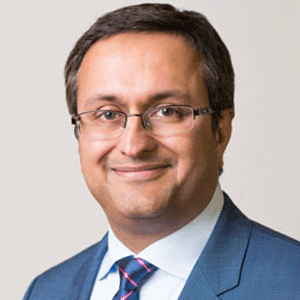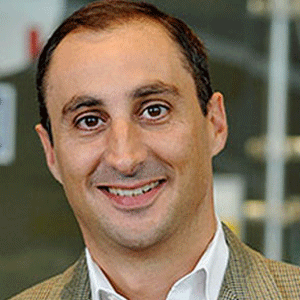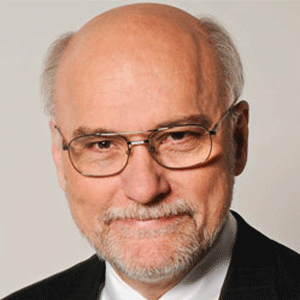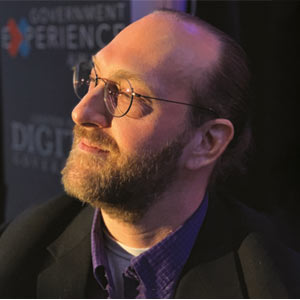THANK YOU FOR SUBSCRIBING

Bijoy Sagar, Global CIO, Stryker
The medical technology industry, like many others in the healthcare sector, recognizes the importance of innovative data-based solutions in delivering a superior patient and customer experience. Assuring the delivery of these solutions within a short time frame and at a low cost is a feat in itself. Mobile technology is one of the largest solution areas to take shape over the past few years within the IT space. With the shift from laptops to mobile devices, an organization’s sales force can now focus on delivering the most up-to-date content to their customers in the easiest way possible.
“we expect an explosion in the mobile technology space that will allow patients to participate more in their own health monitoring, leading to better overall patient wellbeing”
At Stryker, mobile solutions enable us to deliver information and services to our sales representatives, partners and customers in a secure, easy-to-use format at the time and point of need. Similar to us, the following characteristics are prevalent across many enterprises and are addressable with mobile solutions:
•Controlled distribution – The sale and use of products are dependent upon regulatory approval by government agencies. The divisions/business units need to deliver accurate product content to sales representatives and customers in an accessible, easy-to consume format while ensuring distribution is in compliance with regulatory standards.
•Accessibility– The sales force in pharma industry consistently serves diversified client base around the world. The ability to access content in multiple formats that can be consumed quickly in remote locations.
•Security – Our workforce consists of employees, contractors, agents and distributors. Company employees are issued Stryker-owned mobile devices, while external contractors and agents/distributors typically utilize their own devices. With this variability, it is critical to securely manage each device along with its applications.
•Service Excellence – Mobile technology can provide service technicians with access
Since we recognized early on that building a system to manage mobile apps and devices was critical to our business, we implemented an Enterprise Mobility Management (EMM) platform that has allowed us to effectively scale the management of hundreds of applications across over 14,000 devices. Each of these projects reflected strong partnership across many functions within Stryker and the leadership vision that went much beyond technology.
The mobile offering is being rapidly embraced across our organization—several divisions have established interactive marketing teams to address their transition to mobile, while others have hired interactive agencies to meet their needs. For example, Stryker’s Sports Medicine business unit partnered with IT to build awareness of their product offering amongst healthcare professionals. As part of the project, Stryker launched a microsite featuring the Sports Medicine products in 2014. This site featured a “responsive design,” allowing content and assets to be accessible across a variety of platforms and devices. “As we are launching our new game changing Stryker Signature Portfolio high speed drill line, the breadth, depth and sophistication of the offering necessitate having a tool for sales representatives to educate neurosurgeons. The new mobile app, full of rich media, will allow the representatives to educate neurosurgeons from their mobile device, anytime, in any setting,” says Lisa Kloes, Director, Brand Marketing.
W e are very excited about the future of mobile innovation and expect an explosion in the mobile technology space that will allow patients to participate more in their own health monitoring, leading to better overall patient wellbeing. Together with our customers, we are looking at ways to make healthcare better— more effective, more convenient and more secure. Innovations in real time health and activity monitoring opportunities from wearables, combined with the upcoming ‘Internet of Things’ wave, will drive significant improvements in healthcare. Information technology can play a critical role in how that information is collected, delivered, managed and secured.
As healthcare focuses more on the total procedure and outcomes, patients and physicians are increasingly looking at ways to approach treatments that give them better decision-making that is informed and data-based. Technology will continue to play a leading role in making the patient experience better while helping to get maximum value out of their healthcare experience. We hope to be a part of this effort and our IT organization will be right there with our business as a strong partner and enabler.
Weekly Brief
I agree We use cookies on this website to enhance your user experience. By clicking any link on this page you are giving your consent for us to set cookies. More info
Read Also
Artificial Intelligence - Myths And Truths
Sustainable Future through Innovative Technology Solutions
The Future Relies on Augmented AI
Digitalization with the use of digital technologies/Improving business through digital technologies
How Marco's Pizza Leaned On Technology To Succeed Amid The Pandemic By Quickly Pivoting To Contact-Free Delivery And Curbside Carryout
Bunnings Diy Digital Transformation
For a Smarter City: Trust the Data, Ignore the Hype
Smart Community Innovation for the Post Pandemic





















